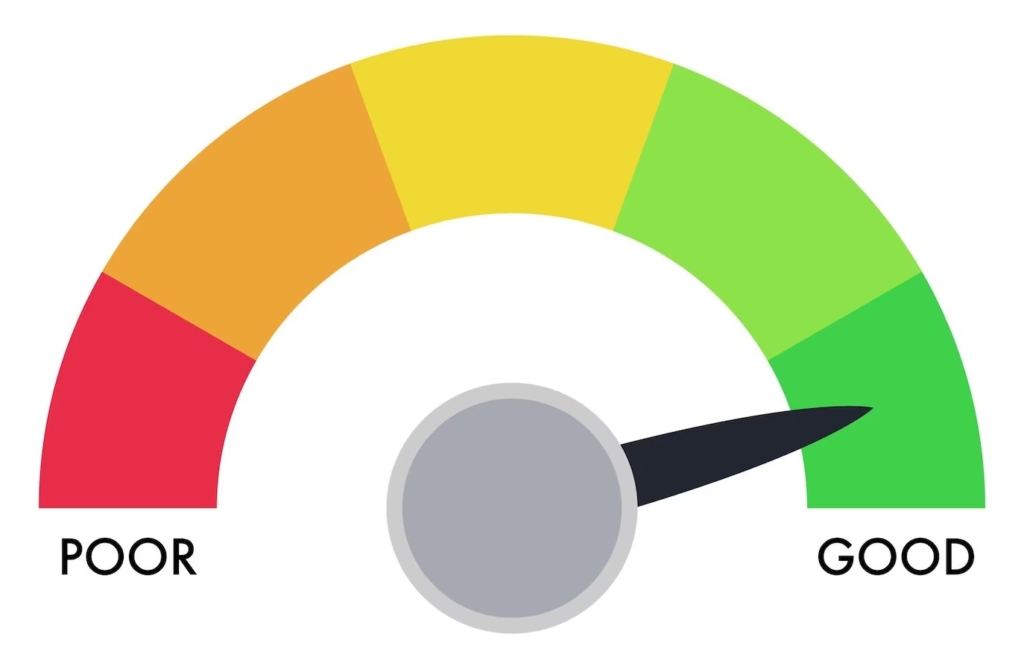Purchasing a home is an exciting milestone, but it’s important to recognize the significant role your credit score plays in securing a home loan. Lenders review your credit history to assess your financial responsibility, and your credit score directly impacts the interest rates and loan terms you qualify for. In this guide, we will delve deeper into the significance of your credit score in the home buying process and provide valuable insights on how to optimize it to secure a better mortgage rate.
The Impact of Credit Scores on Mortgage Qualification
Your credit score holds considerable weight when it comes to qualifying for a mortgage. Lenders consider it a crucial factor in assessing your creditworthiness. A higher credit score not only increases your chances of loan approval but also enables you to access more favorable interest rates and loan terms. In today’s market, where interest rates significantly impact affordability, having a strong credit score is paramount.
While the median credit score for U.S. homebuyers is reported to be 765, achieving a perfect credit score is not a requirement for homeownership. Falling within the “Good” credit score range (670 to 739) is a significant step toward mortgage qualification. However, if you aim to secure the lowest interest rates, targeting a credit score within the “Very Good” range (740 to 799) is advisable.
Understanding Credit Score Evaluation
To fully grasp the impact of your credit score on mortgage qualification, it’s important to understand how creditworthiness is evaluated. While many lenders rely on credit scores like FICO Scores to make lending decisions, each lender has its own risk assessment strategy. Credit scores are just one piece of the puzzle, and lenders consider additional factors such as your income, employment history, debt-to-income ratio, and down payment amount.
It’s crucial to partner with a trusted lender who can guide you through the process and provide personalized insights into how your credit score affects your home loan options. They can help you understand their specific lending criteria and requirements, taking into account your unique financial situation.
Enhancing Your Credit Score for Mortgage Qualification
Improving your credit score is a worthwhile endeavor to secure a better mortgage rate. Here are some key strategies to consider:
1. Payment History: Consistently making payments on time is vital for maintaining a good credit score. Late payments can have a significant negative impact. Set up automatic payments or reminders to ensure you never miss a payment.
2. Balances Relative to Credit Limits: Your credit utilization ratio, which compares your outstanding debt to your available credit limit, plays a crucial role in determining your creditworthiness. Aim to keep this ratio as low as possible by reducing your debt and avoiding maxing out your credit cards.
3. Credit Mix and Length of Credit History: Having a diverse credit mix, including a combination of credit cards, loans, and mortgages, can positively impact your credit score. Additionally, a longer credit history demonstrates your ability to manage credit responsibly.
4. Hard Inquiries: Minimize new credit applications, especially when preparing to buy a home. Each application triggers a hard inquiry, which can temporarily lower your credit score. Avoid unnecessary credit inquiries during the homebuying process.
Consulting with a Knowledgeable Lender
When you’re ready to begin the homebuying process, consulting with a reputable lender is crucial. They have the expertise to evaluate your credit score, understand your financial goals, and provide personalized insights into how your credit score impacts your mortgage options. By collaborating with a knowledgeable lender, you can gain a deeper understanding of the specific credit score range you fall into and explore various loan types and their requirements.
Final thoughts
In today’s competitive housing market, having a strong credit score is essential for securing a favorable mortgage rate. By understanding the significance of your credit score and implementing strategies to enhance it, you can position yourself for success in the homebuying journey. Remember to work closely with a trusted lender who can provide guidance tailored to your unique financial circumstances.

